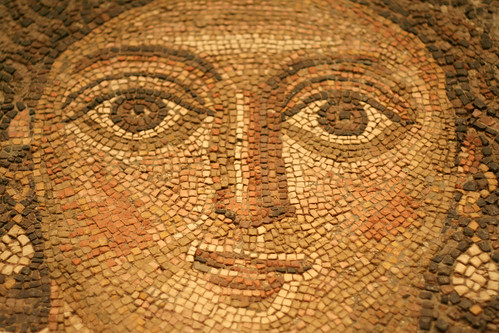 A new study by an academic says that "girl power" was alive and kicking around 600 years ago.
A new study by an academic says that "girl power" was alive and kicking around 600 years ago.Dr Sue Niebrzydowski at Bangor university said medieval women enjoyed a golden era with a greater life expectancy than men.
"We found women running priories, commissioning books, taking early package tours to visit the Holy Land," she said.
She added women were also defending their property and property rights.
Dr Niebrzydowski's research involving middle aged women in the middle ages will be discussed at a conference at the university on Wednesday.
The medievalist at Bangor's Institute of Early and Modern Studies, studied legal records, literature and songs to build up a picture of life for women between the 12th and 15th Centuries.
Dr Niebrzydowski, whose research is funded by the Royal Historical Society and the British Academy, said: "Women were often widowed by the age of 30 and it gave them greater freedom.
Dr Niebrzydowski, whose research is funded by the Royal Historical Society and the British Academy, said: "Women were often widowed by the age of 30 and it gave them greater freedom.
"They could be more sexually liberated as there would be no child as evidence of their fornication or adultery.
'Misconceptions'
"And if wealthy, they could enter the marriage market on their own terms - and for their own reasons, whether economic, for love, companionship or pleasure."
The study's findings will be explored on Wednesday at a conference in Bangor, attended by some of Britain's top female academics in the fields of archaeology, history, language and law.
Dr Niebrzydowski said: "We assume that women in the past had little economic independence or social power and that they were reliant on fathers or husbands for most of their lives. "
But we should be wary of holding too many misconceptions about women's lives in the past.
"It is true that most of the information we have is drawn from art, literature or historical records which relate to wealthier women, but middle aged women in the middle ages had far more power and independence than we might first imagine."
The conference, which runs until Friday, will bring together experts in literature, archaeology, art and history.
From: BBC NEWS


No comments:
Post a Comment